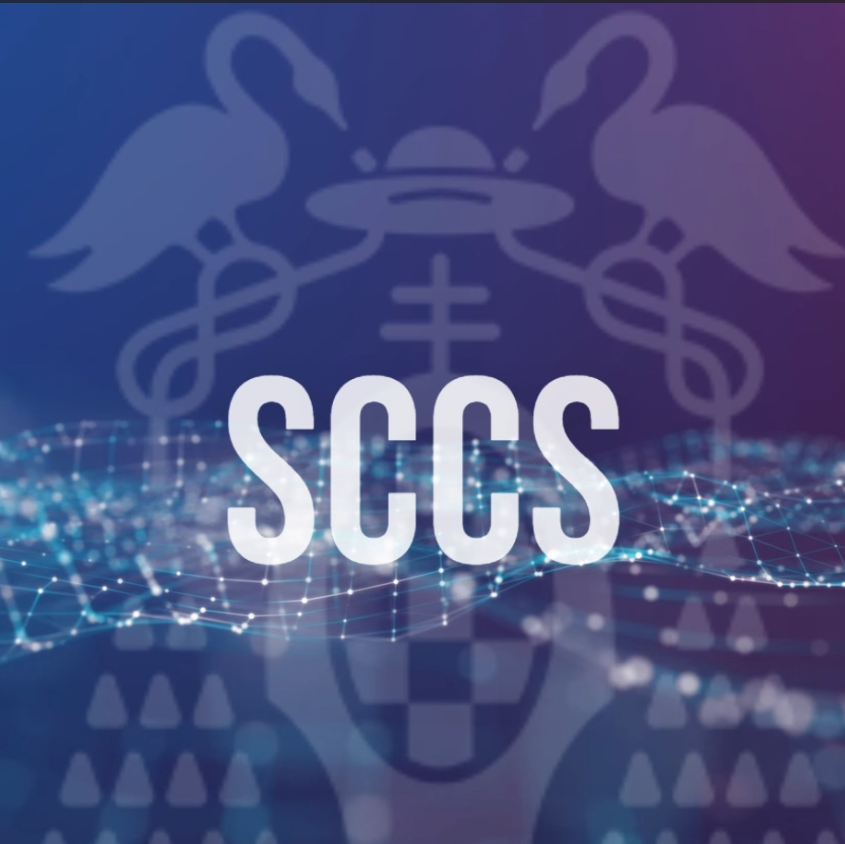The article «Omnichannel Management in a B2B Context: Concept, Research Agenda, and Bibliometric Review» by Alonso-Garcia, Pablo-Martí, and Nunez-Barriopedro (2021) explores the concept of omnichannel management in the business-to-business (B2B) sector. The study is motivated by the increasing reliance on digital channels by companies, particularly in the wake of the COVID-19 pandemic, and the consequent need for a coherent omnichannel strategy.
Methodology: The research involved a bibliometric review and literature analysis focusing on omnichannel management in a B2B context. It aimed to classify existing research areas, identify gaps, and outline a future research agenda. The researchers conducted searches in major databases, such as Web of Science (WOS), to gather relevant literature. Despite the growth in the number of papers on omnichannel topics since its first appearance in 2011, the review found a limited number of studies specifically addressing omnichannel management in B2B settings.
Key Findings:
- Management and Operations: This is one of the most active areas within the field of omnichannel research. However, direct searches for terms related to «Omnichannel» and «B2B» yielded few relevant papers, indicating a gap in the literature and a need for further research in this area.
- Customer Journey: There is an abundance of literature characterizing the final consumer’s journey in omnichannel contexts. However, there is a notable lack of studies focusing on the professional buyer or procurement officer’s journey, highlighting another significant gap in the current research.
- Information Technology (IT): Only a few papers within the B2B field were found to be directly related to IT. These papers generally addressed omnichannel implementation from a strategic perspective, considering the interdependencies between product lifecycle, marketing, and the necessary level of integration.
- Channels: In the retail field, channels, especially the relationship between physical stores and online channels, have been thoroughly studied. In contrast, there is a notable lack of research on channel strategies in the B2B context, particularly regarding the development of new channels.
- Overall Perspective: The study highlights that omnichannel management, as a capacity every organization must develop, is vital not only for catering to end consumers but also for addressing the needs of professional or industrial clients in a hyper-connected business environment.
Conclusions: The research underscores a significant gap in the literature concerning omnichannel management in B2B contexts. Despite the recognized importance and growing interest in this area, there is a lack of comprehensive studies addressing specific aspects such as management and operations, the customer journey for professional buyers, and channel strategies in B2B settings. The paper suggests that future research should focus on these areas to better understand and address the unique challenges of omnichannel management in B2B environments.
